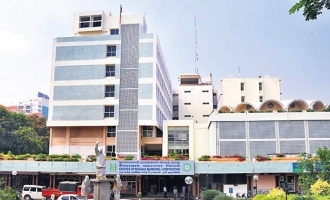Rising Toll: Japan's Battle Post-Quake, Challenges in Rescue Operations


Send us your feedback to audioarticles@vaarta.com


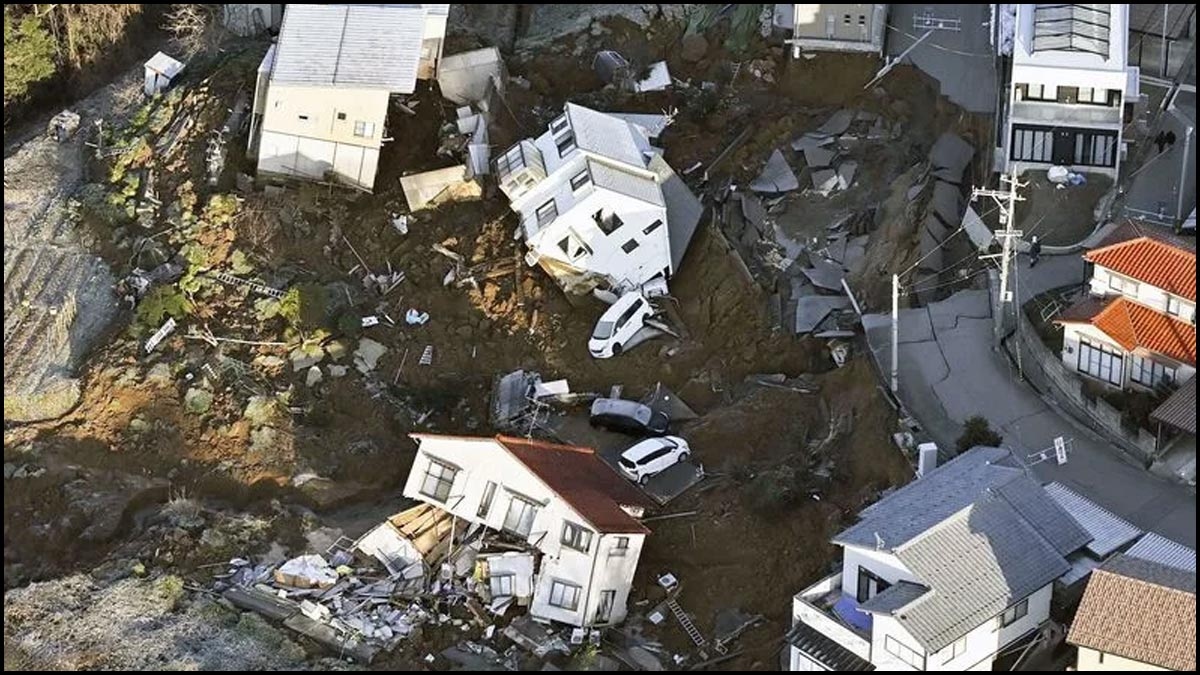
Rescue operations are underway in Japan after a powerful earthquake struck on New Year's Day, claiming over 20 lives and causing widespread destruction. The 7.6-magnitude quake triggered tsunami waves along the west coast, resulting in cars and houses being swept into the sea. Rescue teams are battling challenges posed by damaged roads, hindering their efforts to reach affected areas.
The Noto peninsula in Ishikawa prefecture was hit hardest. Thousands of army, firefighter, and police personnel have been mobilized to assist, but blocked roads and damaged infrastructure have complicated their tasks. Transportation services such as rail, ferries, and flights have been halted. Noto airport, rendered inoperable due to runway and terminal damage, stranded around 500 individuals in its parking lot.
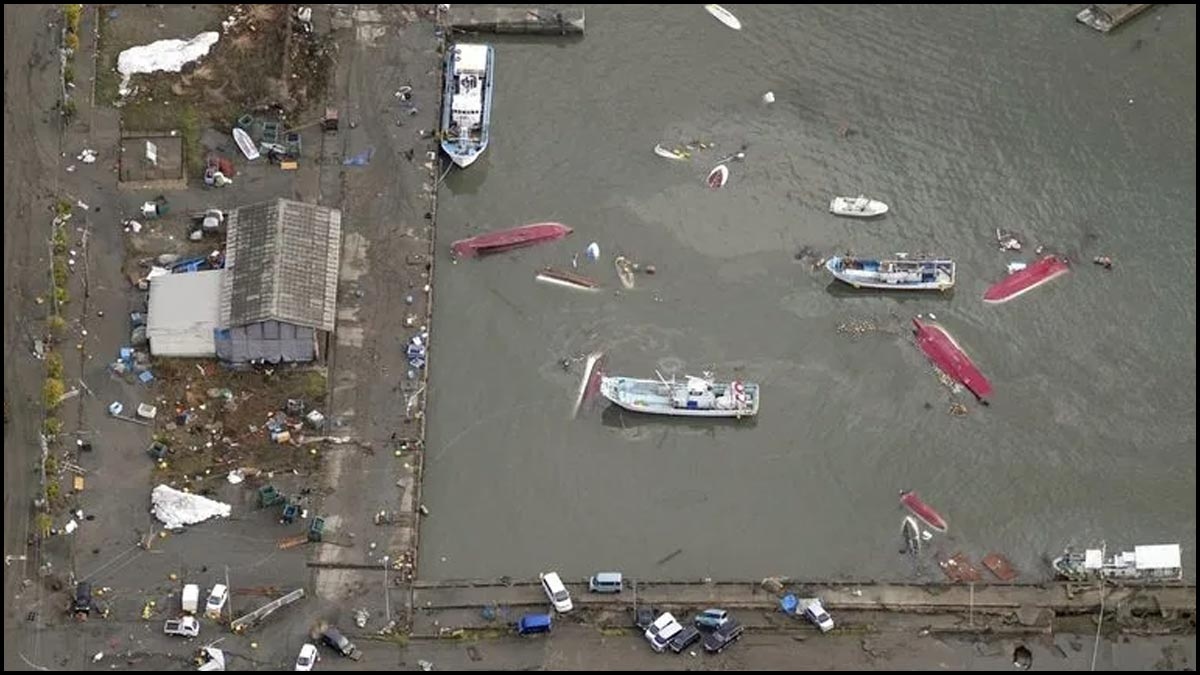
Prime Minister Fumio Kishida emphasized the urgency of the rescue mission, citing difficulties in reaching remote areas. Reports indicate over 20 fatalities, with many trapped under debris. The Fire and Disaster Management Agency confirmed six deaths and received reports of more casualties.
Residents recount harrowing experiences, with one saying she had never felt such violent swaying during the quake. The disaster disrupted plans for Emperor Naruhito and Empress Masako's New Year appearance, prompting cancellations and delays.
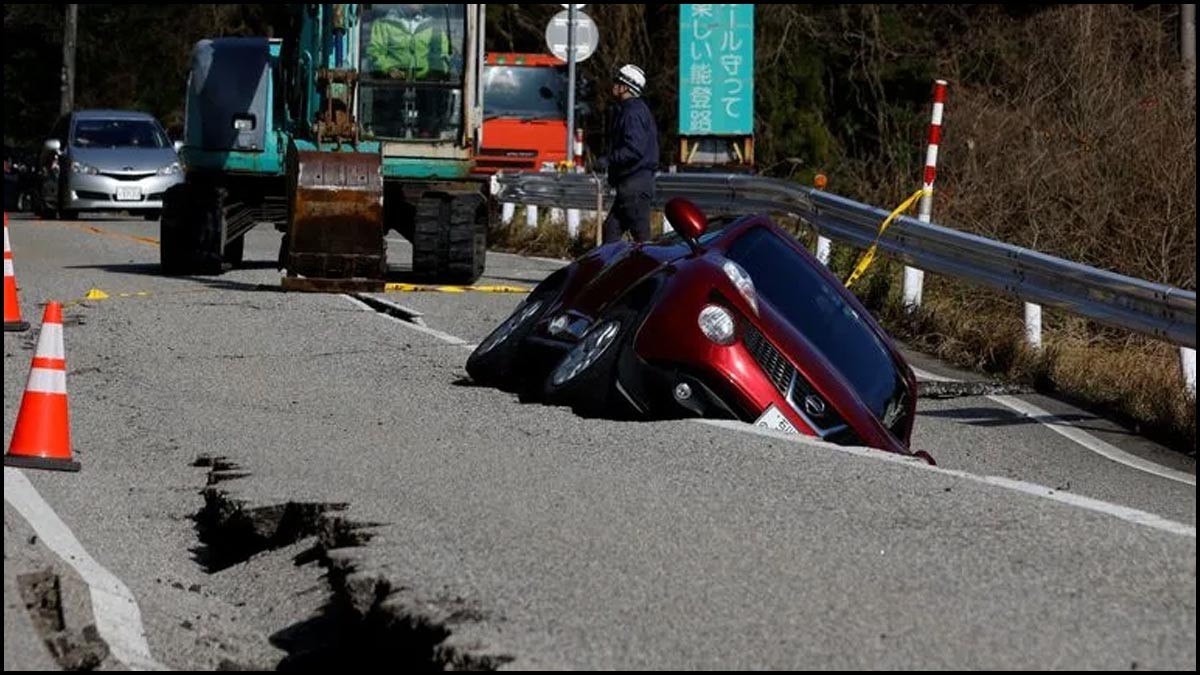
Evacuation orders for around 100,000 people were issued, and though many returned home after tsunami warnings were lifted, about 33,000 households remained without power in Ishikawa prefecture. Cold temperatures overnight added to the challenges, with no water supply in most areas of the affected region.
The earthquake's timing is critical for Japan's nuclear industry. Though nuclear plants along the Sea of Japan reported no irregularities, this event revisits memories of the 2011 Fukushima disaster. Hokuriku Electric's Shika plant encountered minor issues but assured no radiation leaks.
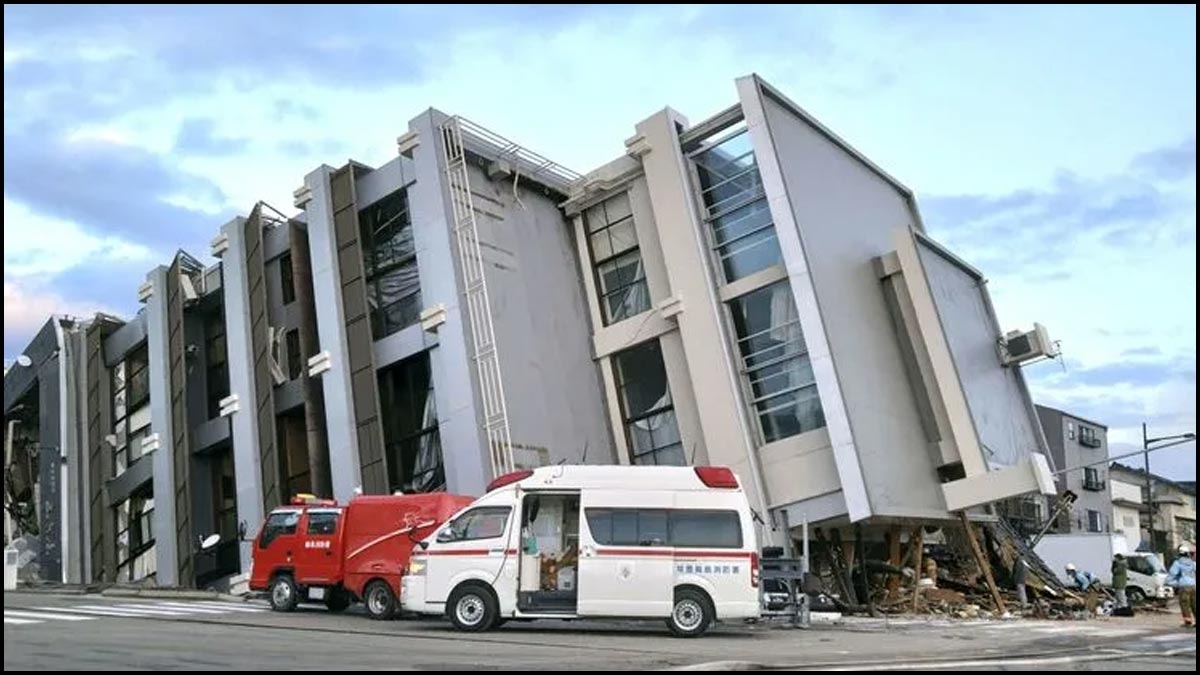
Businesses like Kokusai Electric, Sharp, Komatsu, and Toshiba are evaluating damage to their facilities. Meanwhile, the nation is receiving condolences and offers of support from global leaders, including US President Joe Biden.
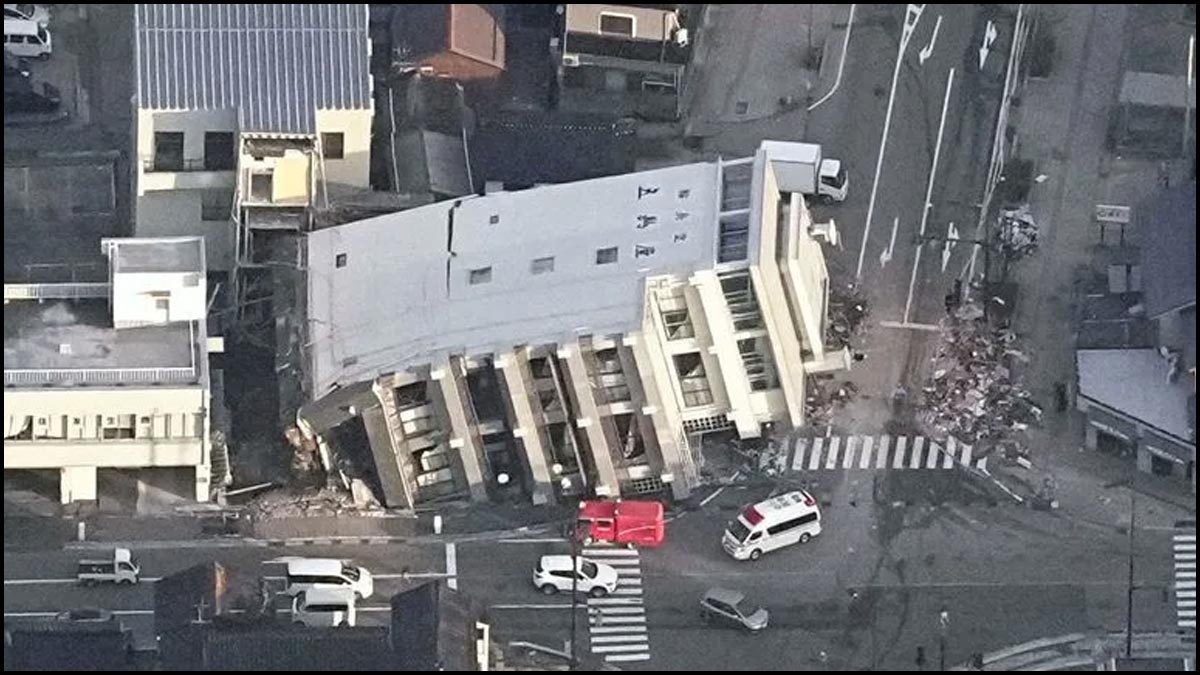
As rescue operations continue, Japan remains on high alert for aftershocks, emphasizing the country's vulnerability to natural disasters and the ongoing challenges in their aftermath.
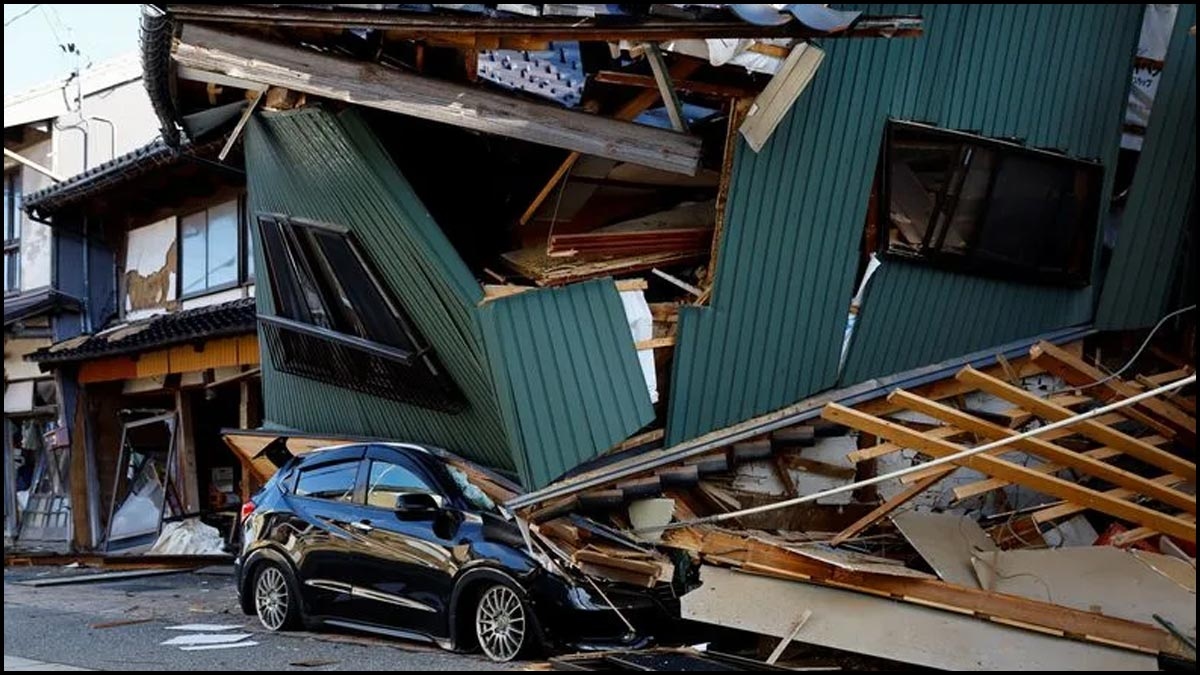
Follow us on Google News and stay updated with the latest!
Comments
- logoutLogout

-

Bala Vignesh
Contact at support@indiaglitz.com




 Follow
Follow








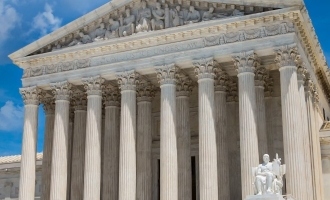

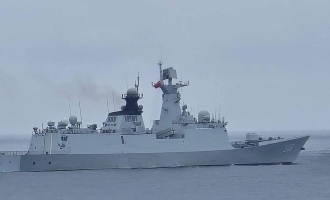


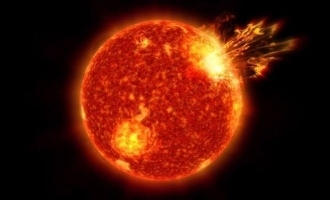






















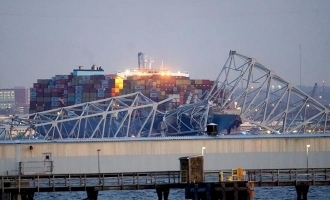













-a3e.jpg)
-3c4.jpg)
-e5c.jpg)
-e66.jpg)
